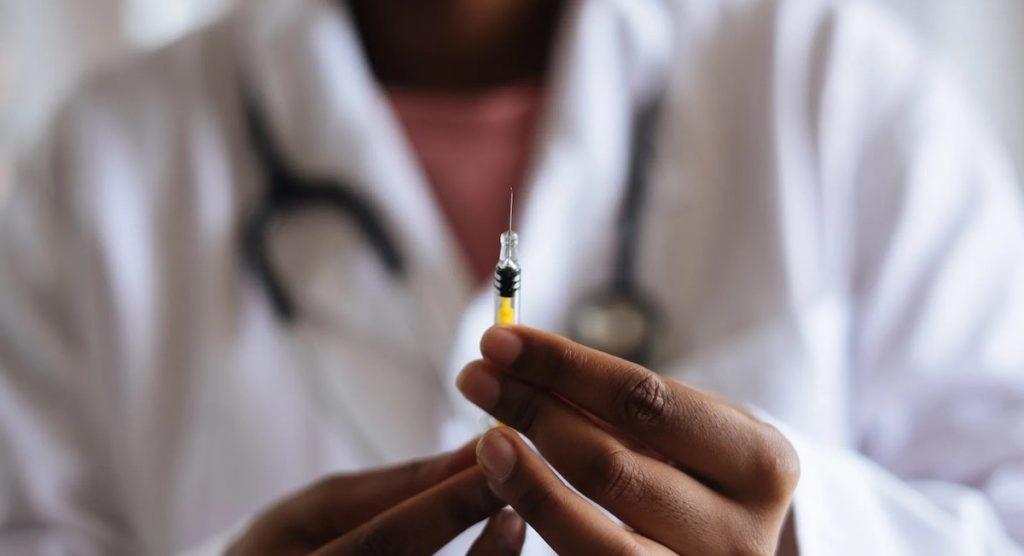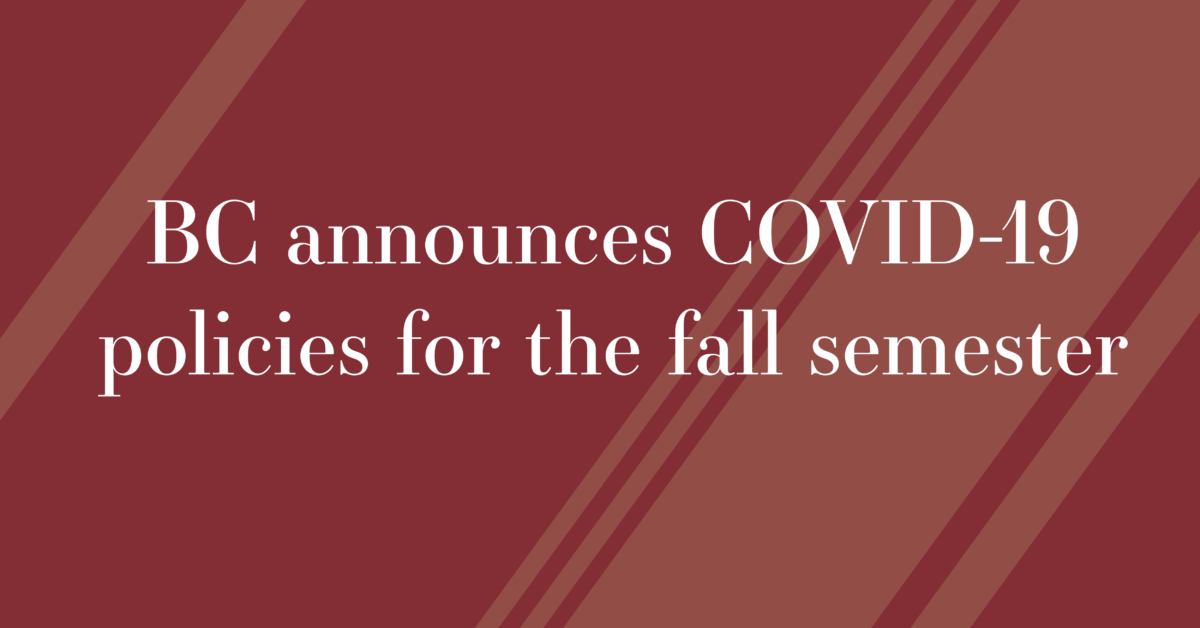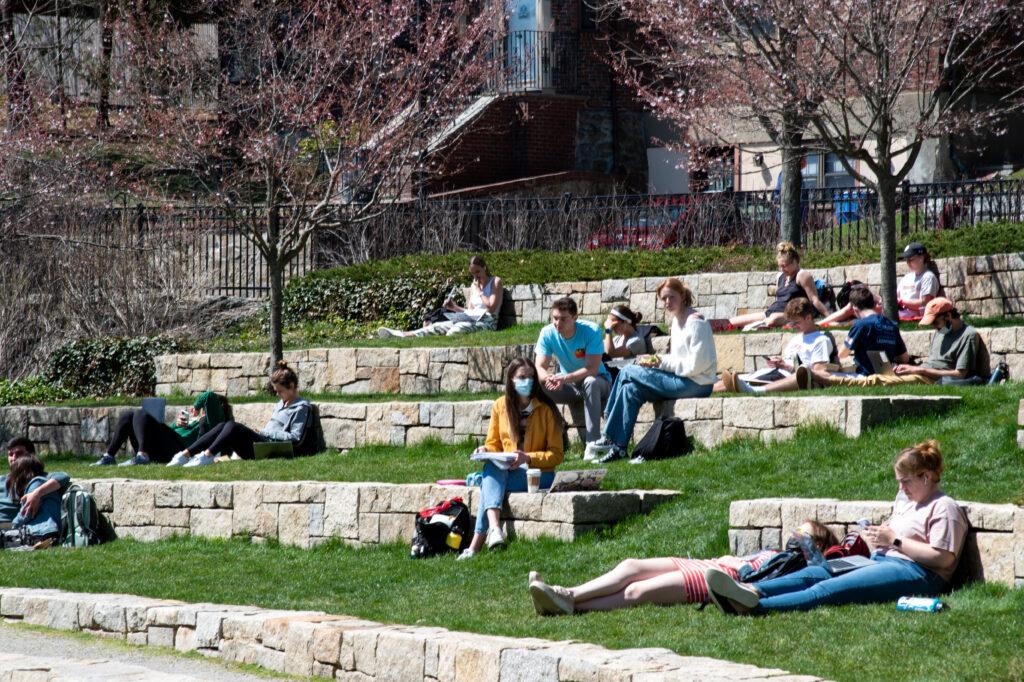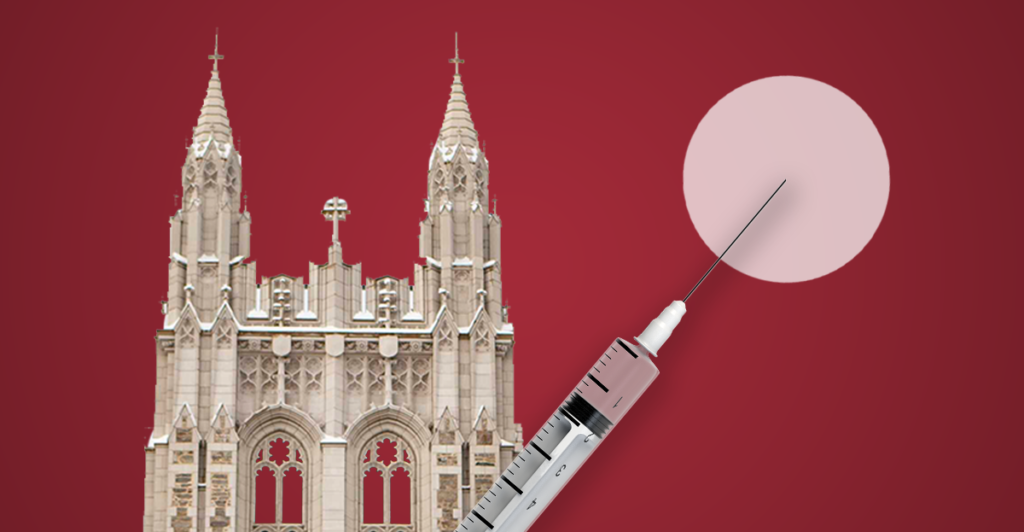All students in the Commonwealth of Massachusetts will now be required to receive an influenza immunization for the 2020-21 flu season, the Massachusetts Department of Public Health announced on Wednesday. The department implemented the requirement to improve general public health and lighten the load on the health care system in the coming months during the COVID-19 pandemic, according to a release.
“The new vaccine requirement is an important step to reduce flu-related illness and the overall impact of respiratory illness during the COVID-19 pandemic,” the release said.
All full-time undergraduate and graduate students under 30 years old are subject to the requirement, as well as all full- and part-time health science students, according to the release. Higher education students who live off campus and have fully remote course loads are exempt from the requirement, but if they plan to visit campus “even once,” they must be vaccinated by the deadline.
Students must receive the vaccine by Dec. 31, although exceptions will be made for medical and religious purposes.
Boston College is in the “planning stages” of potentially offering flu vaccine clinics on campus for the fall, Associate Director of Health Services Operations Dr. Scott Jusseaume said in an email to The Heights.
“Given the COVID pandemic the flu clinics will be planned to be able to vaccinate students in a safe, physically distanced manner,” Jusseaume said in the email. “Students can also choose to get their vaccine from their PCP or an off campus location (local pharmacy) and upload it to the student health portal.”
The University has previously held seasonal flu vaccination clinics on campus, partnering last year with Maxim Health Services. At the clinics, students had to pay the $33 fee out of pocket unless the vaccination was covered by their health insurance providers. Those under the age of 18 could not receive the vaccine at the clinics but could receive the shot at UHS by appointment.
“Every year, thousands of people of all ages are affected by influenza, leading to many hospitalizations and deaths,” Larry Madoff, medical director at the DPH Bureau of Infectious Disease and Laboratory Sciences, said in the DPH release. “It is more important now than ever to get a flu vaccine because flu symptoms are very similar to those of COVID-19 and preventing the flu will save lives and preserve healthcare resources.”
While it will not protect individuals from contracting COVID-19, getting the flu vaccine can help prevent illness and the potential complications that the flu can have on people’s respiratory systems.
“The flu shot will help you avoid being co-infected with both, which could be miserable and/or very devastating,” doctor of osteopathic medicine Stephen Rinderknecht said in a release. Rinderknecht is the chair of the immunization committee at UnityPoint Health, a network of hospitals, clinics, and home care services.
“Getting a flu shot also helps conserve potentially scarce health care resources during this pandemic,” Rinderknecht said. “For example, if you aren’t in the hospital fighting the flu, there are more resources for those who have the burden of fighting COVID-19.”
All children six months or older who attend child care, pre-school, and kindergarten through 12th grade are also subject to the new flu vaccine requirement. K-12 students who are homeschooled are exempt, but new students entering between Jan. 1 and March 31 must receive the vaccination for this season.
Though the release said that some children are recommended to receive a second dose of the flu vaccination, depending on their age and flu vaccination history, a second dose will not be required to attend schools. Students must still receive the other immunizations normally required for school entry.
Featured Image Courtesy of Marcia Beatriz Einsfeld / Wikimedia Commons



















